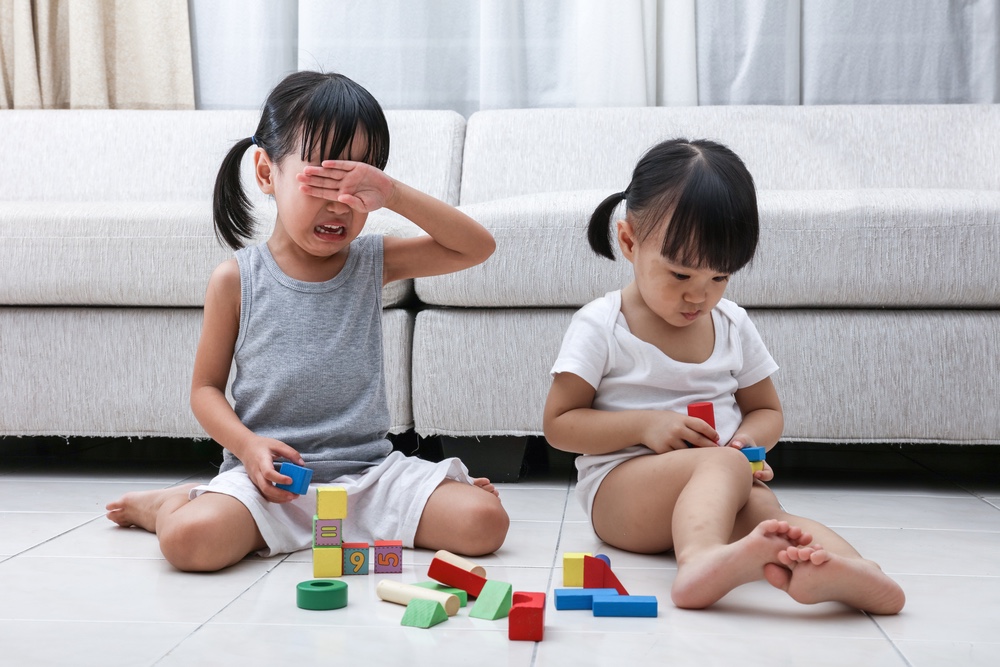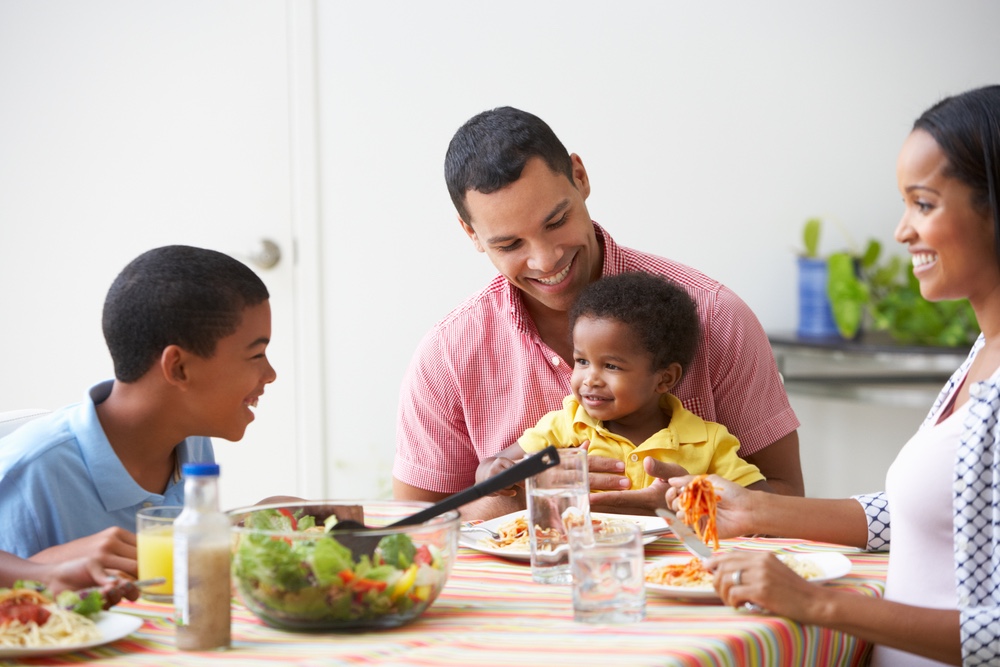How to Create Healthy Sibling Relationships

Every kid looks forward to summertime because it means some time off from school, but it has the potential to be much less exciting for parents of multiple children. Playtime can quickly turn into arguments, which can escalate into screaming and crying. Summertime arguments between siblings leave everyone unhappy.
If you have a close relationship with a sibling, you know that the friendship between siblings is something special. Ashley Petray, therapist at Methodist Family Health, has put together a few activities to help foster these friendships in your own kids and keep them from bickering all summer.
Encourage teamwork

Your kids are most likely to bond when they’re working together towards a common goal. This can happen in a number of ways – through work and play.
Give your kids specific tasks in joint chores they have to complete together. Washing and drying the dishes, tidying up the living room, washing the car – whatever the task, it will require cooperation to get done, and they’ll want to get it done as quickly as possible. Plus, it means a little less work around the house for you.
Teamwork can be fun, too. Give your kids structured games or let your kids get bored together – get them away from screen time and encourage them to make their own fun. Kids are often the most creative when they’re allowed to use their imagination, and the games they come up with when creativity is encouraged are often some of the best ones.
Practice respect and fairness

"That’s not fair!" is a phrase parents of little ones hear all too often. From an early age, kids start to pick up on how their relationships with their parents compare to those of their siblings. With this in mind, it’s important not to treat your kids exactly the same, but to make sure your kids believe that your treatment is fair. Sibling relationships are more positive if they feel that their parents show them similar levels of affection, praise and discipline.
Sibling relationships can also benefit when kids are taught how to identify, monitor, evaluate and relate their emotional reactions to their siblings. Parents can help their children express themselves appropriately by helping them identify feelings when conflict occurs. When their siblings start to push their buttons like only siblings can, they won’t react as intensely. They’ll also be better communicators and will therefore have a more positive play experience.
Be together

Set aside time for regular family discussions. Eating meals together without electronics or phones is a great place for this. Being together as a family creates opportunities for everyone to speak up about their grievances as well as their celebrations. This helps your kids find solutions to their problems in a much calmer and easier way than arguing it out and encourages healthy communication between siblings.
It also strengthens your kids’ relationships when you set aside time to just be together as a family. Whether it’s something as simple as taking a walk around the neighborhood together or going on a road trip, family time encourages your kids to work as a team and makes them feel like valued members of the family.
Ashley Petray is a registered therapist with Methodist Family Health. Methodist Family Health’s emotional and behavioral healthcare services are designed to help children, adolescents and their families. They offer sercies such as inpatient psychiatric hospitalization for children ages 3 to 17; outpatient counseling clinics; grief counseling services and more.
